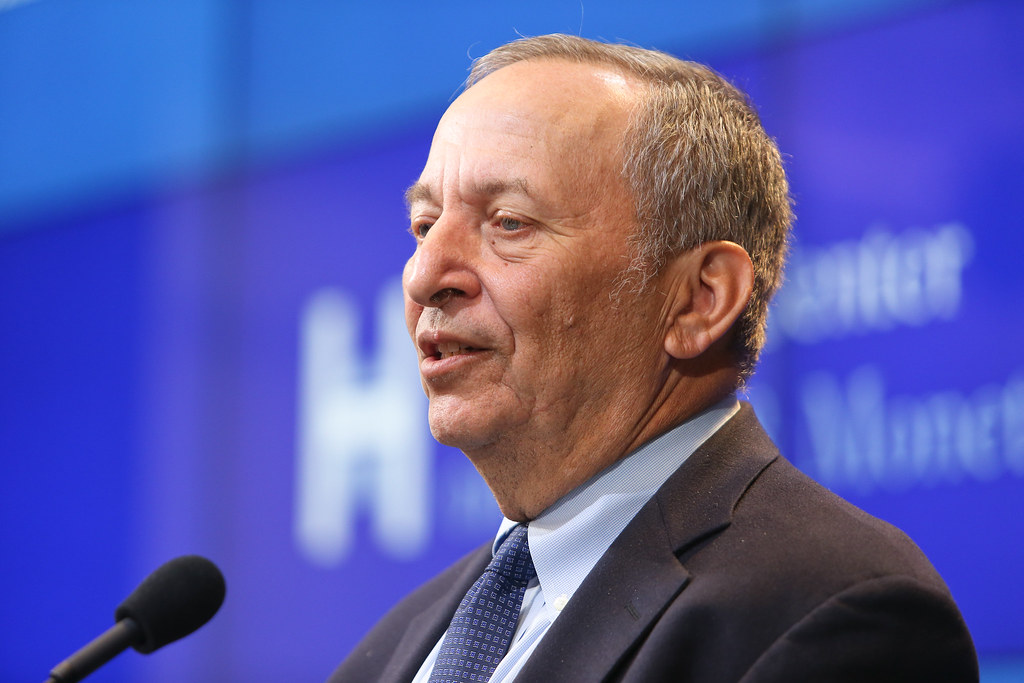

June 08, 2022
RELEASE: Lummis-Gillibrand Crypto Bill Is An Irresponsible Handout To The Crypto Industry
“The industry carve outs in this bill are a reminder of the danger of corporate influence in our political system. The crypto industry’s leading figures have spent enormous amounts to shield the industry from proper financial oversight. This money has been funneled towards revolving-door hiring of former CFTC officials, formation of super PACs, and congressional campaign donations. The industry has also bemoaned the SEC’s robust regulatory posture, decrying it with the self-defeating ostensible insult of ‘regulation by enforcement.’ That supposed criticism merely underlines the urgent need for the SEC to act. Existing law is clear, and it mandates that the SEC enforce existing statutory and regulatory limits that crypto bros have brazenly broken on the assumption that they will be able to buy clemency before they are sanctioned appropriately.”

June 06, 2022 | The American Prospect
Sam Bankman-Fried’s Multimillion-Dollar Game
A leading voice in this push is Sam Bankman-Fried, 30-year-old CEO of crypto trading exchange FTX. Christened by some as a crypto prince and others as Washington’s aspiring kingmaker, Bankman-Fried has in the past year developed an extensive crypto policy agenda that entails revolving-door hiring of former CFTC officials, formation of super PACs, and congressional campaign donations.

May 24, 2022
The Crypto Reading List
Crypto’s ongoing blitz of advertisements that package speculation and fear of missing out (FOMO) in glittering terms is a danger to consumers all over the world. Below is a list of resources that will help the public see beyond the marketing hype and garner a true understanding of crypto assets and the industry at large.
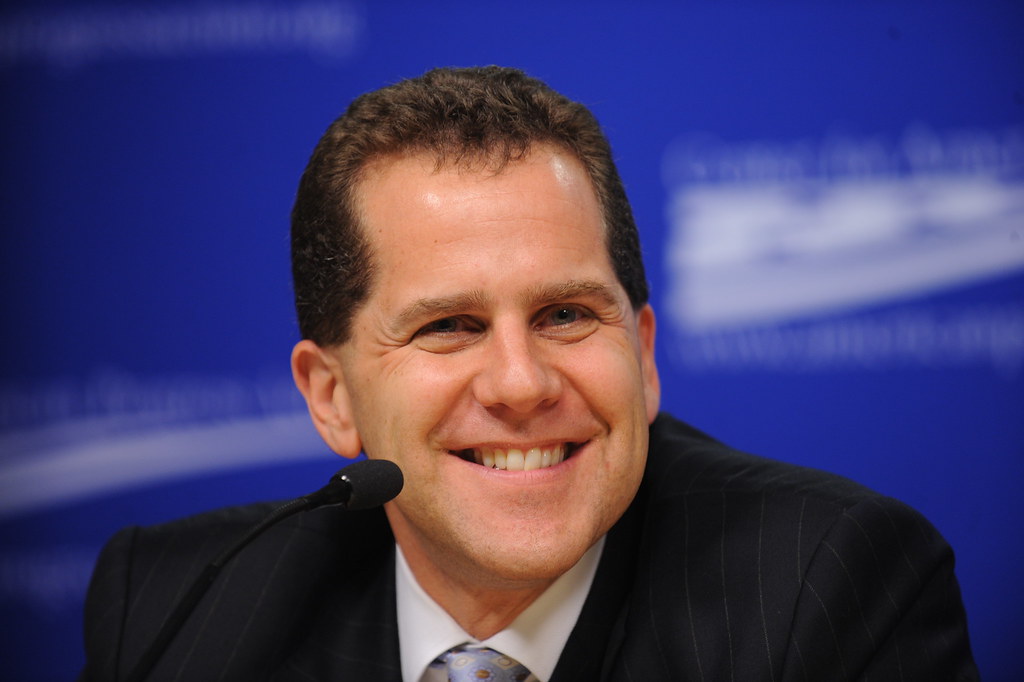
May 16, 2022
Barr’s Stakes In 80+ Fintech Firms Raise Crypto And Consumer Protection Concerns
Most of Barr’s holdings are in firms backed by Nyca Partners, a fintech-focused venture capital fund built by Wall Street and Silicon Valley veterans which Barr has advised for years.

April 25, 2022
We All Know Elon Musk Is Buying Twitter To Help Him Get Away With Stock Fraud, Right?
Elon Musk is not just purchasing Twitter because, by all appearances, he is a very sad man who is desperate for other very sad men to think he is cool.
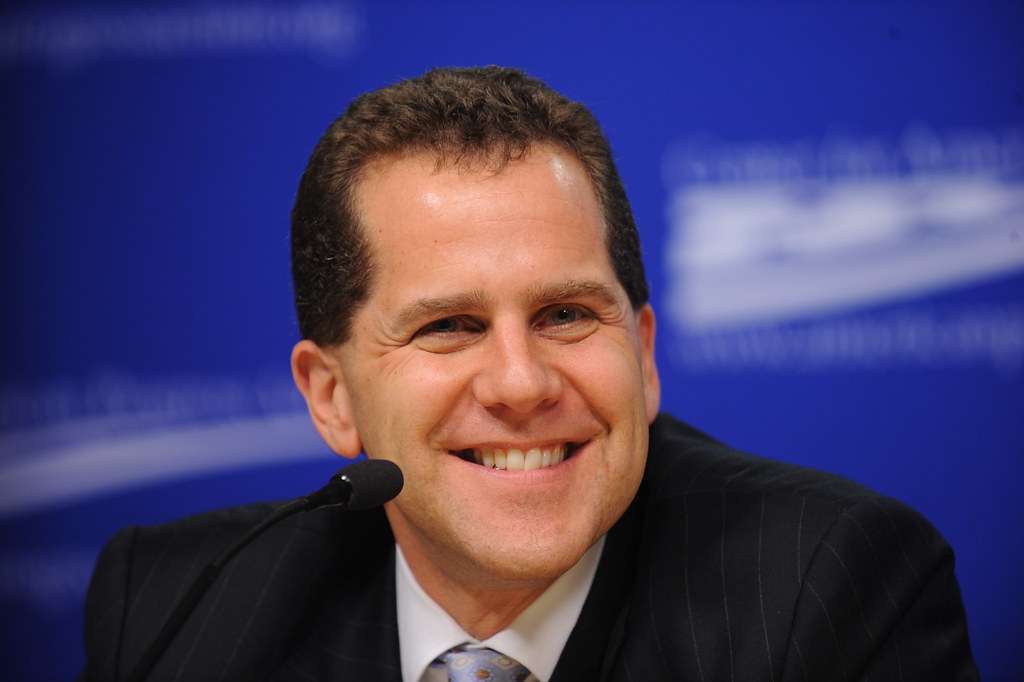
April 14, 2022
Blog Post CryptocurrencyEthics in GovernmentFederal ReserveFinancial RegulationFintechRevolving Door
Michael Barr is the Wrong Man to Stop the Next Financial Crisis
Over a decade after the financial crisis, few would still dispute that the revolving door between financial regulators and the financial industry helped pave the way for economic disaster. In the years preceding the crash, regulators who came from the country’s largest banks and planned to promptly return to them, removed regulatory restraints and turned a blind eye to the predictably dangerous effects (see, e.g. Robert Rubin and Alan Greenspan). In the next administration, different regulators drawn from the same well let the fraudsters off the hook and left the working people who had fallen victim to them out to dry.
April 13, 2022 | Revolving Door Project Newsletter
Conflict Is Key
If you’ve followed the Revolving Door Project for any length of time, you will be aware that we believe the Biden administration and the Democratic party need to fight harder for the public interest and do much more to ensure the public is aware of its efforts. Specifically, it is core to the project’s theory of politics that successful political leaders must not only govern effectively, but drive attention to their work by creating conflict. You can see this thread weaving through almost all of our work, but various members of our team have articulated it most clearly here, here, and here.
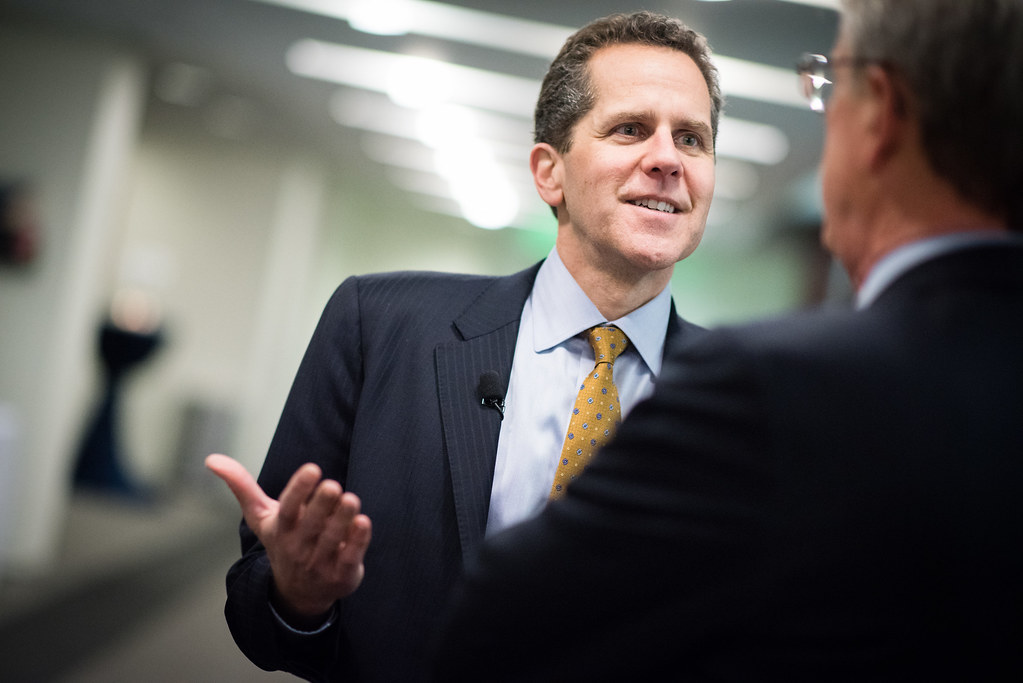
April 12, 2022
Want To Show That Dems Have Learned Nothing Since 2008? Give Michael Barr A Fed Seat
“Michael Barr was too close to fintech and cryptocurrency schemers to be the Comptroller of the Currency, and he is still too close to them to be Vice Chair for Supervision.”

April 12, 2022 | The American Prospect
Biden Must Block Crypto’s Access to the Revolving Door
Fortunately, Biden has the means to stop at least one aspect of crypto’s campaign in its tracks. Through an executive order, he can cut off crypto’s access to the revolving door by barring the officials who are involved in developing regulations for the digital assets industry from working for it for at least four years. By rights, it should be a bare-minimum anti-corruption standard.
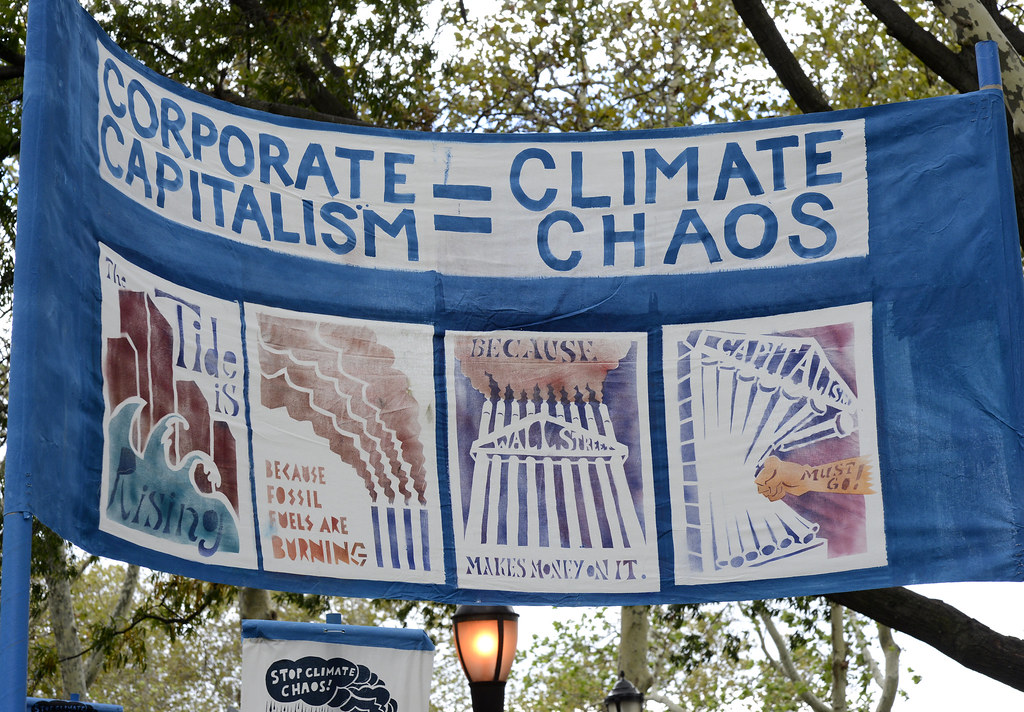
March 11, 2022
Hannah Story Brown Dylan Gyauch-Lewis
Press Release ClimateExecutive BranchFinancial RegulationIndependent AgenciesRevolving Door
Carbon Offset Legitimization Would Undermine Climate Progress, New Report Argues
The Revolving Door Project released a new “Industry Agenda” report today breaking down the systemic flaws and increasing relevance of the carbon offset industry as the favored greenwashing strategy for big industries and high-polluting nations. The report highlights the policies and executive branch agencies of interest to players in both voluntary and compliance carbon markets in the United States.
March 02, 2022 | Revolving Door Project Newsletter
Dylan Gyauch-Lewis Max Moran Toni Aguilar Rosenthal
Corporate CrackdownDepartment of JusticeEconomic PolicyFinancial Regulation
What Can Biden Actually DO From His State Of The Union?
If there’s one thing the readers of this newsletter definitely haven’t read yet today, it’s a reaction to last night’s State of the Union address.
Like many, we were hoping to see President Joe Biden adopt a new overall message to the American people as his poll numbers have sagged and Democrats brace for a rough midterm election in just eight short months. We’ve been making our pitch for the last few months about what that message should be: Biden ought to use his powers to crack down on corporate villains, and heavily publicize doing so. The ubiquity of already unpopular enemies and latent presidential powers gives Biden the chance to clarify to the public what exactly he stands for. Our Jeff Hauser and Max Moran laid out the case for this “Corporate Crackdown” message in Democracy Journal in January.
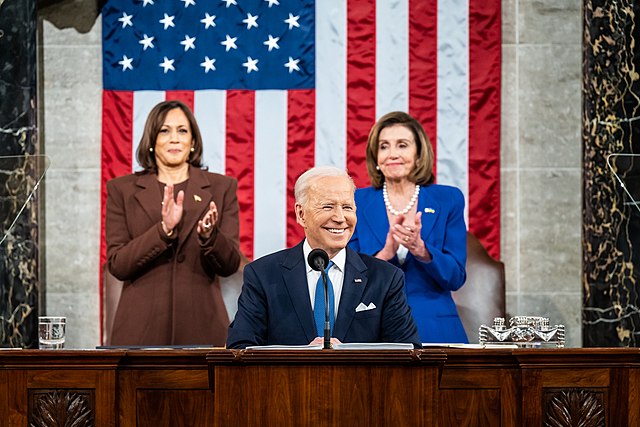
March 02, 2022
Dylan Gyauch-Lewis Max Moran Toni Aguilar Rosenthal
Blog Post Corporate CrackdownEthics in GovernmentExecutive BranchFederal ReserveFinancial RegulationIntellectual PropertyRevolving DoorTech
What Can Biden Actually DO From His State Of The Union?
Biden is still married to reviving a long-lost vision of bipartisanship. Never mind that the same Republicans he’s desperate to welcome into the fold literally did not applaud the ideal of bipartisanship he is pushing.
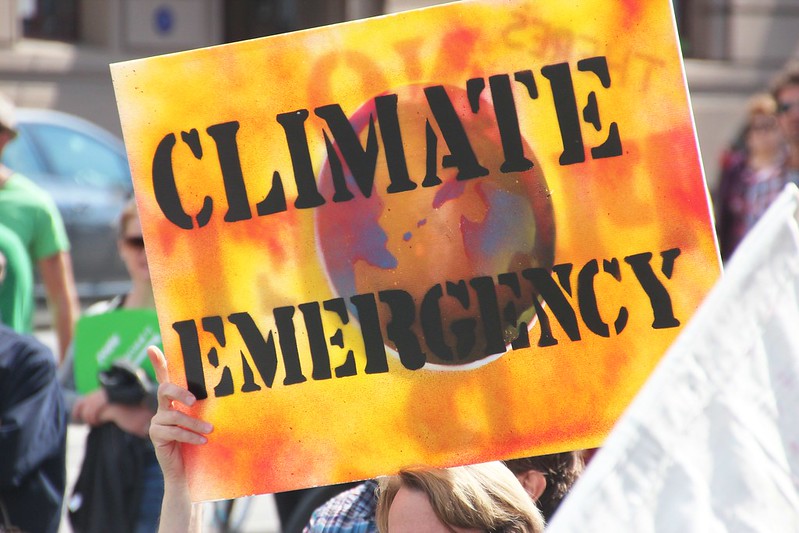
February 17, 2022
New Report Examines Treasury Research Division’s Destruction and Its Consequences for Climate Regulation
Today the Revolving Door Project released a report on the Office of Financial Research’s (OFR) capacity to proactively investigate and inform climate-aware regulation across the federal financial regulatory landscape. This is the fourth installment of our Climate Finance Capacity project, which examines the current state of financial regulation through the lens of the climate crisis. Our prior installments have looked at the role and capacity of the Commodities Future Trading Commission (CFTC), the Securities and Exchange Commission, and the Office of the Comptroller of the Currency (OCC) in crafting a more sustainable financial future.
